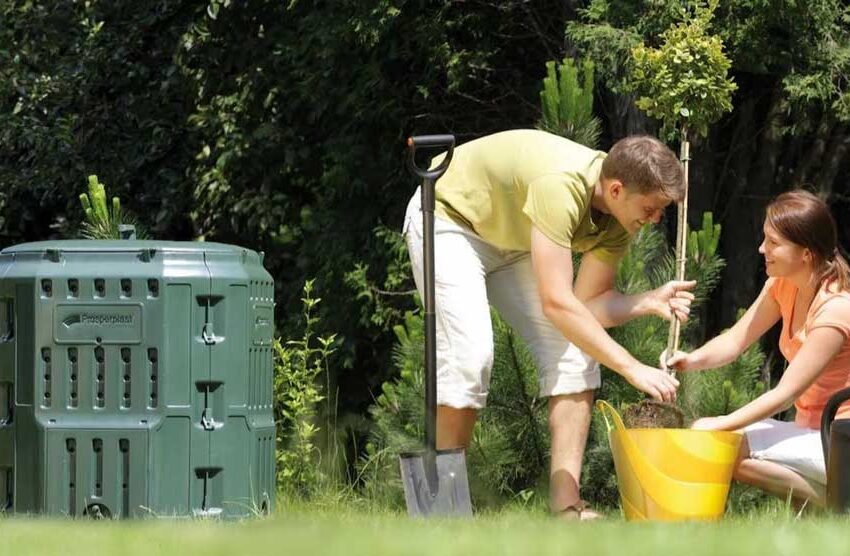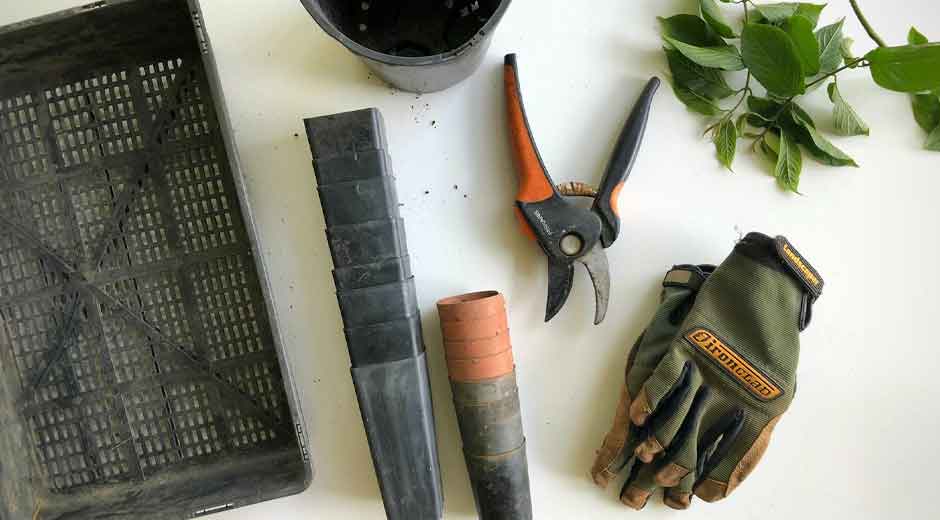Garden Waste: 8 Ways to Cut Down on Environmental Pollution

As green spaces keep growing throughout the UK, so does the burden of disposing of the garden waste responsibly. This waste comprises millions of tonnes of grass clippings, hedge trimmings, and fallen leaves from yards, which have to be dumped in landfills more harmfully. Their decomposition in landfills emits hazardous methane gas. Better disposal options like those offered through Salford Skip Hire Ltd Manchester could help homeowners ease this burden in a way that impacts the environment significantly. This guide will share eight practical methods for converting garden waste from an ecological burden into a resource. Composting techniques and community recycling schemes will reduce pollution without limiting your garden. No matter whether you’re a casual gardener or consider yourself a landscaping professional, eco-friendly approaches keep things green at home.
Start a Composting System
Creating a composting system for all your garden waste would be nature’s prompt recycling system, processing it into a nutrient-rich soil conditioner. Separate bins could be set aside for grass clippings, leaves, and woody materials for compost balance. Layering green (nitrogen-rich) and brown (carbon-rich) materials achieve optimum decomposition. Nothing should ever be composted that can either be diseased or intrusive weeds which might flourish and spread. An up-kept compost heap reaches temperatures that destroy pathogens, creating valuable humus for your garden beds. Such a simple practice will add much less to the landfill but improve your soil configuration naturally as well.
Buying a Garden Shredder
A good shredder will break down large branches and hedge cuttings into ready-to-use mulch material. Wood shavings are decomposition-ready and can be left to suppress weeds and retain soil moisture instantly. These come in electric models for the smaller garden, while petrol-powered ones are available for larger properties. This fine material produces pathways and can also improve compost heaps by adding to the aeration levels. So avoid using those annoying and costly green waste collection services and process waste at the home site.
Grass Cycling
Just leave clippings on the lawn rather than bag them and then try to recycle them back to the soil; this is called grasscycling. This “grasscycling” practice has been known to return important nitrogen into the soil to reduce the need for using chemical fertilisers. Use a mulching mower which cuts clippings finely for faster breakdown. There will be times during the peak growth periods when some clippings must be removed to prevent smothering, but they are to be put straight into your compost bin. This process reduces time on lawn maintenance while keeping nutrients within the ecosystem of the garden.
Create a Wildlife Habitat
Construct a pile of logs, branches, and leaves into a useful wildlife shelter. Stacking up cute piles in quiet corners of the garden would provide high-quality habitats for insects, amphibians, and small mammals. Deadwood, in particular, acts as a stronghold in ecosystems by feeding fungi and invertebrates. Such natural features further increase biodiversity but hold carbon that would otherwise be spewed out through burning or decomposition. Just construct your piles away from buildings to make sure they will not bring pests to your home.
Participate in Council Green Waste Schemes
Indeed, most of the local authorities offer independent garden waste collections at a very low charge per annum. Ensure your green wastes are properly composted and not thrown into the landfill. The preparation of these materials before collection is determined by the collection schedule. Usually, it warrants the leaves and trimmings to be in the approved bins or compostable bags. Many local councils will now have their private annual fees for home-selective garden waste collections. It is ideal for those who do not have a place for the composting system at home.
Hire Professional Waste Removal Services
For large garden work, you should hire a company. This well-known company cares for your green project through their dedicated garden waste skip; collecting and recycling large amounts of green waste. Removal companies have effective sorters which would divert compostable matter from a general waste stream; it is very useful in case you are redoing your garden or during season clear-outs that exceed your self-processing capacity.
Making a Leaf-Mould System
The fall leaves are bountiful and never should go to waste by simply being converted into leaf mould packed with nutrients. Create simple containment pens using chicken wire or spare wooden pallets to store the fallen leaves. Fungi will break down the leaves within a span of 12 to 24 months, resulting in a dark and crumbly soil conditioner laden with micronutrients. This method is very simple: all you need to do is collect, contain, and let nature do the rest! The leaf mould enhances the soil structure, helps retain moisture, and offers shelter to beneficial organisms. Because of this, large quantities of leaf waste generated seasonally can be processed without turning or further maintenance.
Conclusion
Garden waste will now depend on the changing mindset- from looking at ads as rubbish to looking at it as a raw material. Between at-home composting and professional disposal services lie the flow of eight methods through which gardening activities have a negative impact on the environment. Each method also creates a circular economy in which waste becomes the input for new growth.





